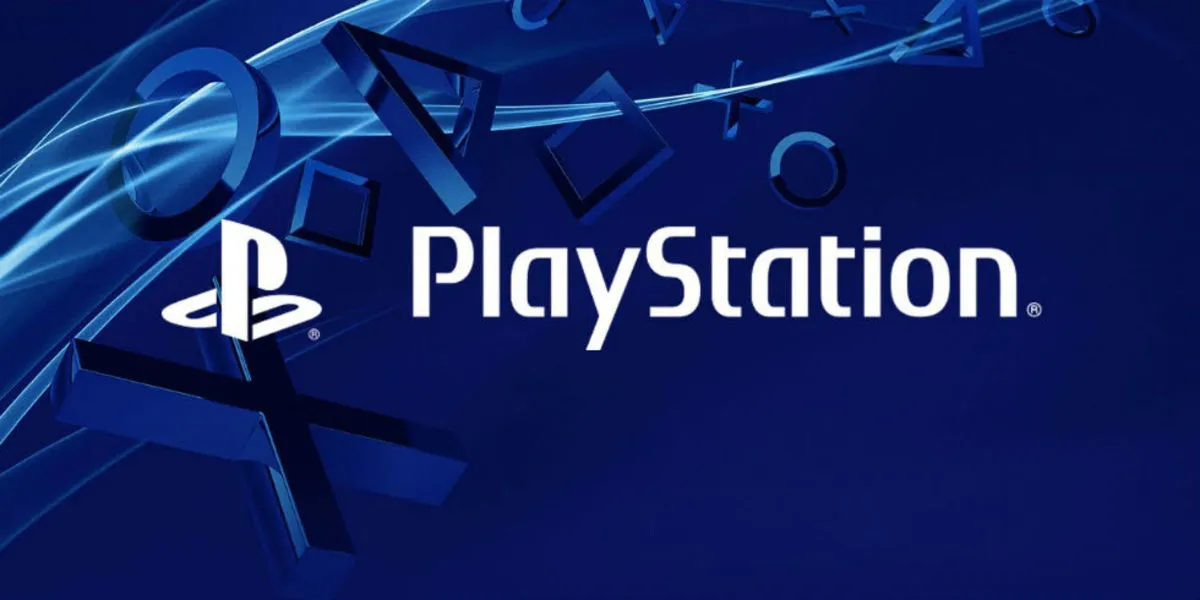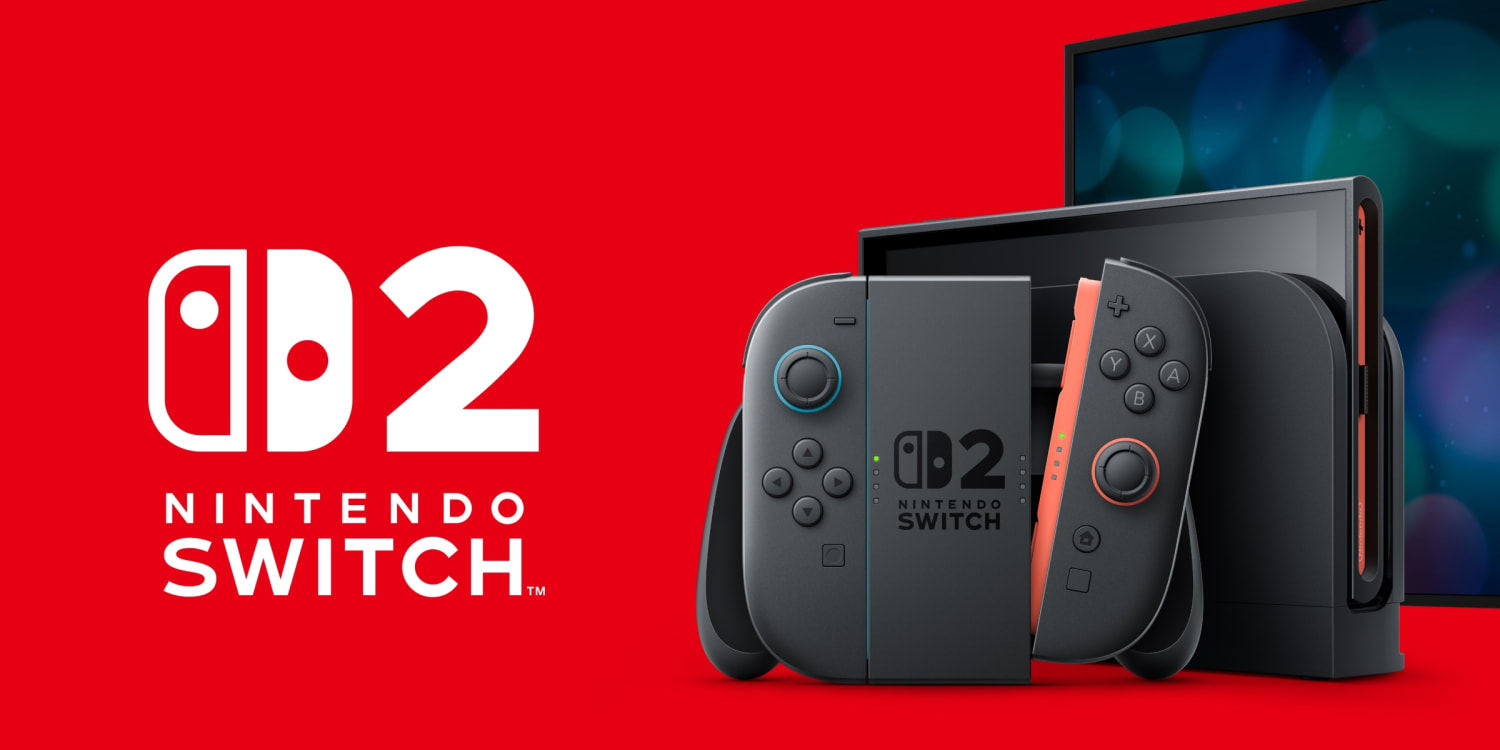Key Takeaways
- Satya Nadella envisions Xbox games on all major platforms, promoting universal gaming access.
- Microsoft’s new 30% profit margin target for its gaming division is driving strategic change.
- Halo and other Xbox titles are expanding beyond Xbox, signaling the end of the traditional console wars.
A New Era of Xbox Accessibility
Microsoft CEO Satya Nadella is reshaping the future of Xbox by breaking down platform barriers. In a recent interview with TBPN, Nadella declared his ambition to make Xbox games available on all platforms, following the same model that made Microsoft Office a global staple across devices.
“I want games to be enjoyed by gamers everywhere,” Nadella said, emphasizing a vision that puts players before platforms. His comments underline a shift in Microsoft’s gaming philosophy — one that focuses on accessibility, inclusivity, and profitability rather than exclusivity.
Xbox as the ‘Microsoft Office’ of Gaming
Nadella compared Xbox’s future to the evolution of Microsoft Office, which expanded from Windows PCs to macOS, iOS, and Android over the years. He envisions Xbox games becoming equally universal, accessible across consoles, PCs, and potentially even cloud-based systems.
“Remember, the biggest gaming business is the Windows business,” Nadella told TBPN. “Steam has built a massive marketplace on top of it and done a very successful job of it. We want to be a fantastic publisher.”
That statement captures Microsoft’s broader strategic direction — to be a leading publisher and service provider, not just a console manufacturer. Xbox’s future, in Nadella’s eyes, lies in becoming an ecosystem that transcends hardware.
Halo Crosses Platforms as Console Rivalry Fades
This strategy is already taking shape. Microsoft recently announced that Halo: Campaign Evolved, a remake of the original Halo: Combat Evolved, will be released on PC, Xbox, and PlayStation.
It’s a move that symbolizes a major cultural and commercial shift for the company. Halo has long been one of Xbox’s defining exclusives, yet now it’s being shared across competing platforms — a sign that the console wars are effectively over.
Even TBPN noted in its report that the industry has moved beyond platform rivalry. PlayStation itself has been porting its exclusives like Ghost of Tsushima and The Last of Us to Steam and Epic Games Store, reflecting a broader trend toward cross-platform availability and shared gaming experiences.
Profitability Drives Strategic Expansion
Microsoft’s open-platform approach comes at a time of financial restructuring within its gaming division. As reported by Gaming.News, the company recently set a 30% profit margin target — a figure that exceeds the industry average and places pressure on Xbox leadership to deliver growth.
To achieve those margins, Microsoft appears to be leveraging its strong content library and publishing network to reach wider audiences. By expanding Xbox titles beyond the company’s own hardware, Microsoft can tap into new revenue streams from players on rival systems and through digital distribution.
This marks a clear pivot toward a service-first model, aligning Xbox more closely with Microsoft’s other scalable businesses like Azure and Office 365.
Gaming Without Borders
Satya Nadella’s comments mark a defining moment for the gaming industry — one where the focus shifts from competition to collaboration. By championing cross-platform gaming, Microsoft is signaling a future where content and accessibility matter more than console ownership.
For gamers, this could mean unprecedented flexibility: being able to play their favorite Xbox titles anywhere, on any device. For Microsoft, it represents a powerful combination of commercial pragmatism and player-first philosophy.
As Nadella puts it, the goal is simple — “games being enjoyed by gamers everywhere.” The message is clear: the console wars are over, and Xbox’s next frontier is every screen in the world.
Disclaimer: The information in this article is for general purposes only and does not constitute financial advice. The author’s views are personal and may not reflect the views of GameDegen.com. Before making any investment decisions, you should always conduct your own research. GameDegen.com is not responsible for any financial losses.




